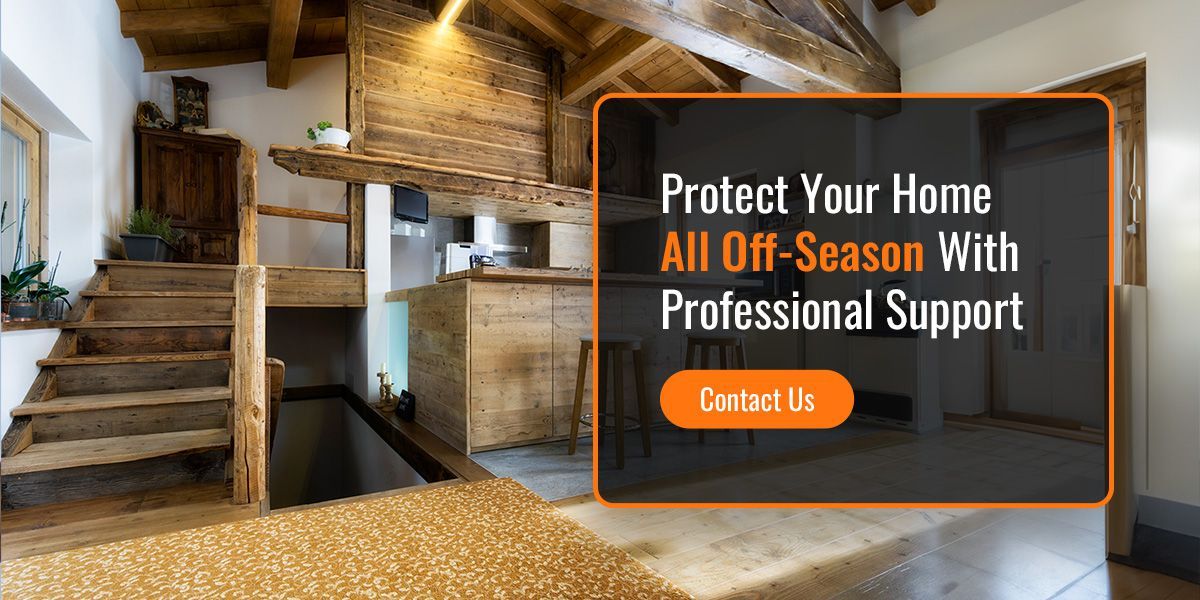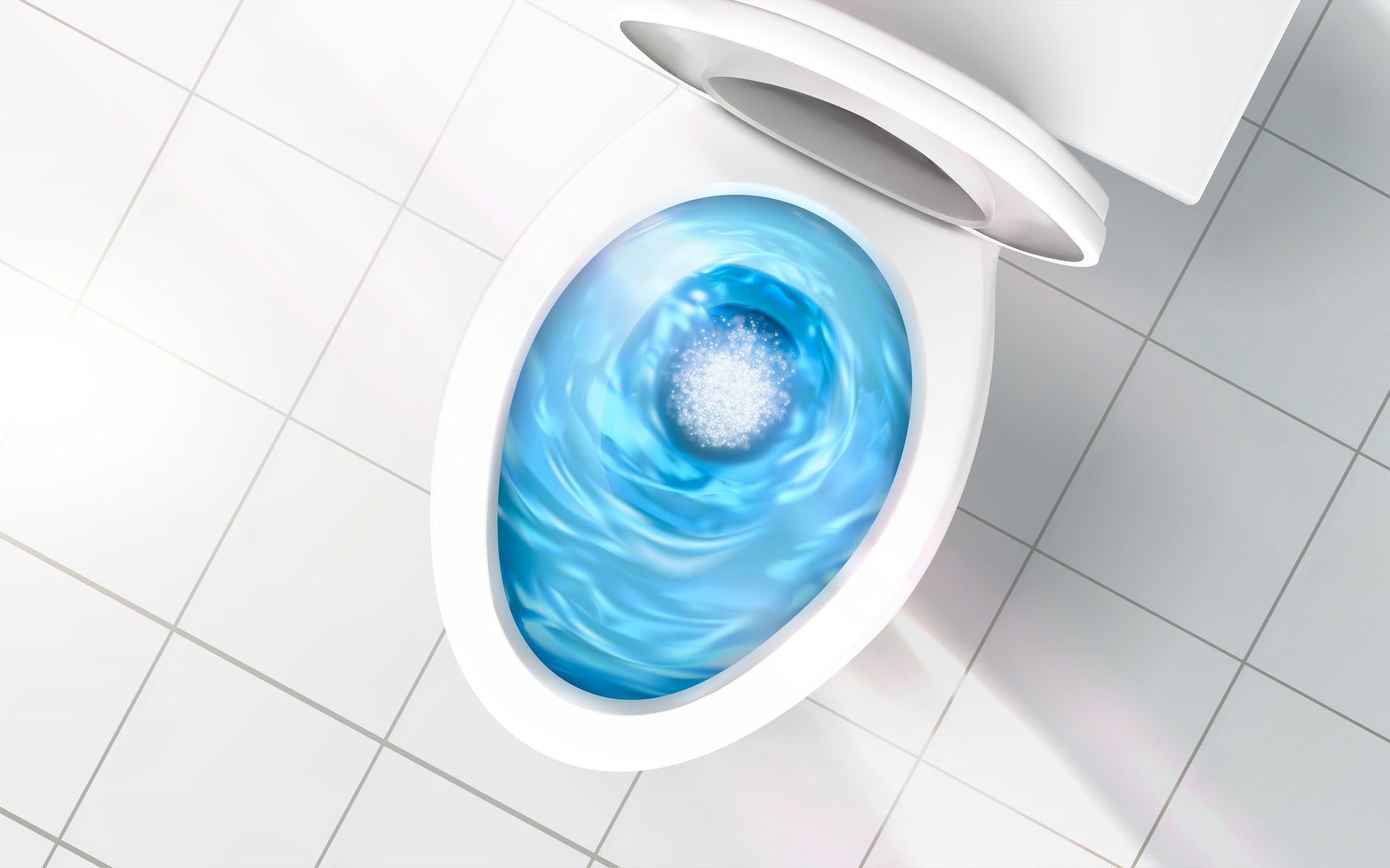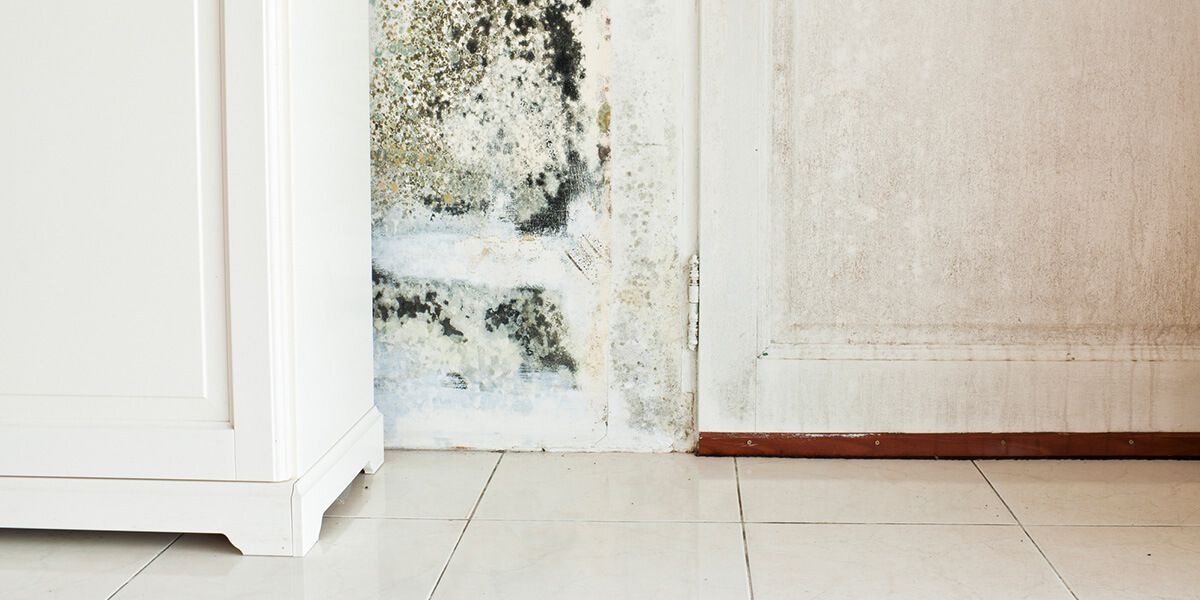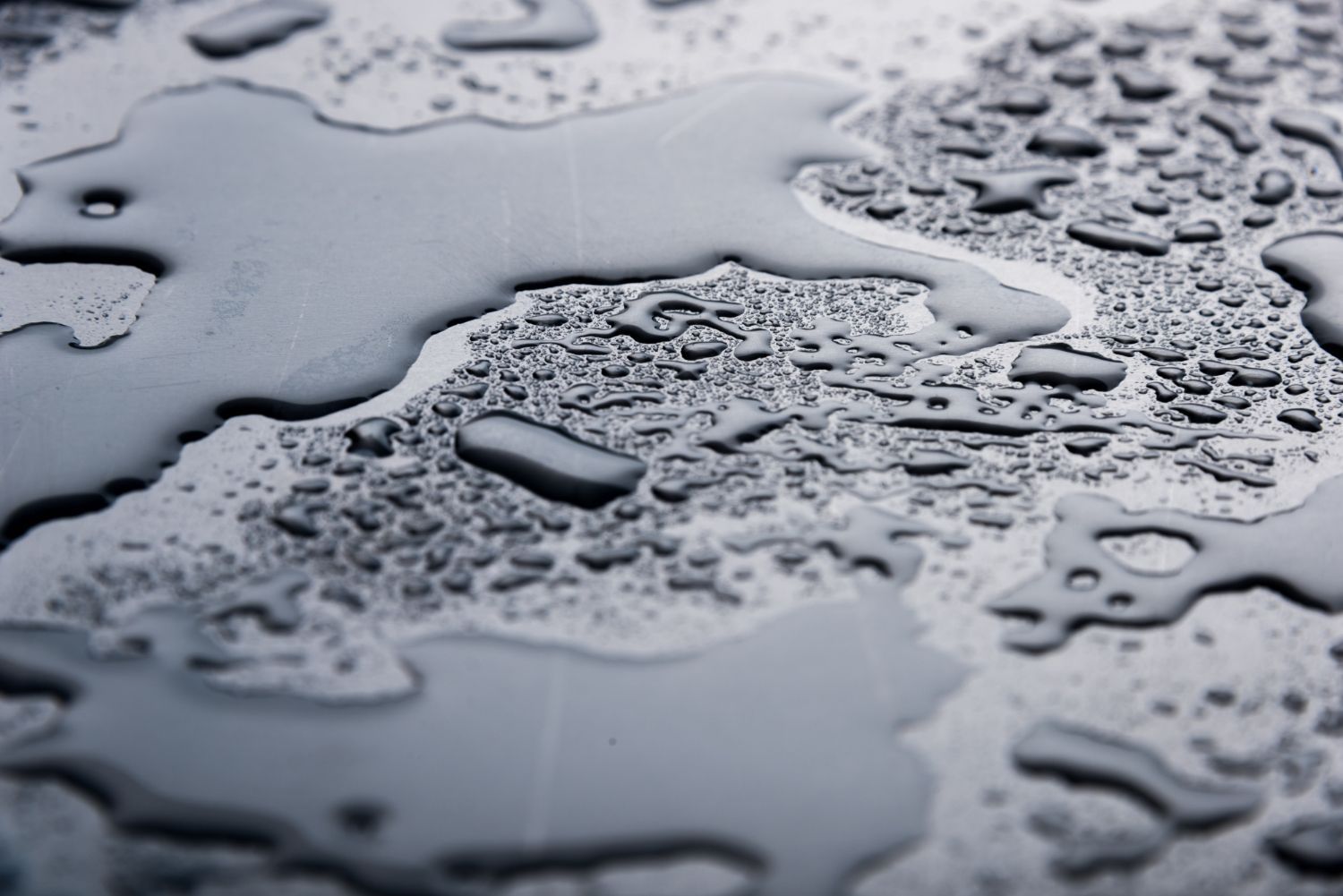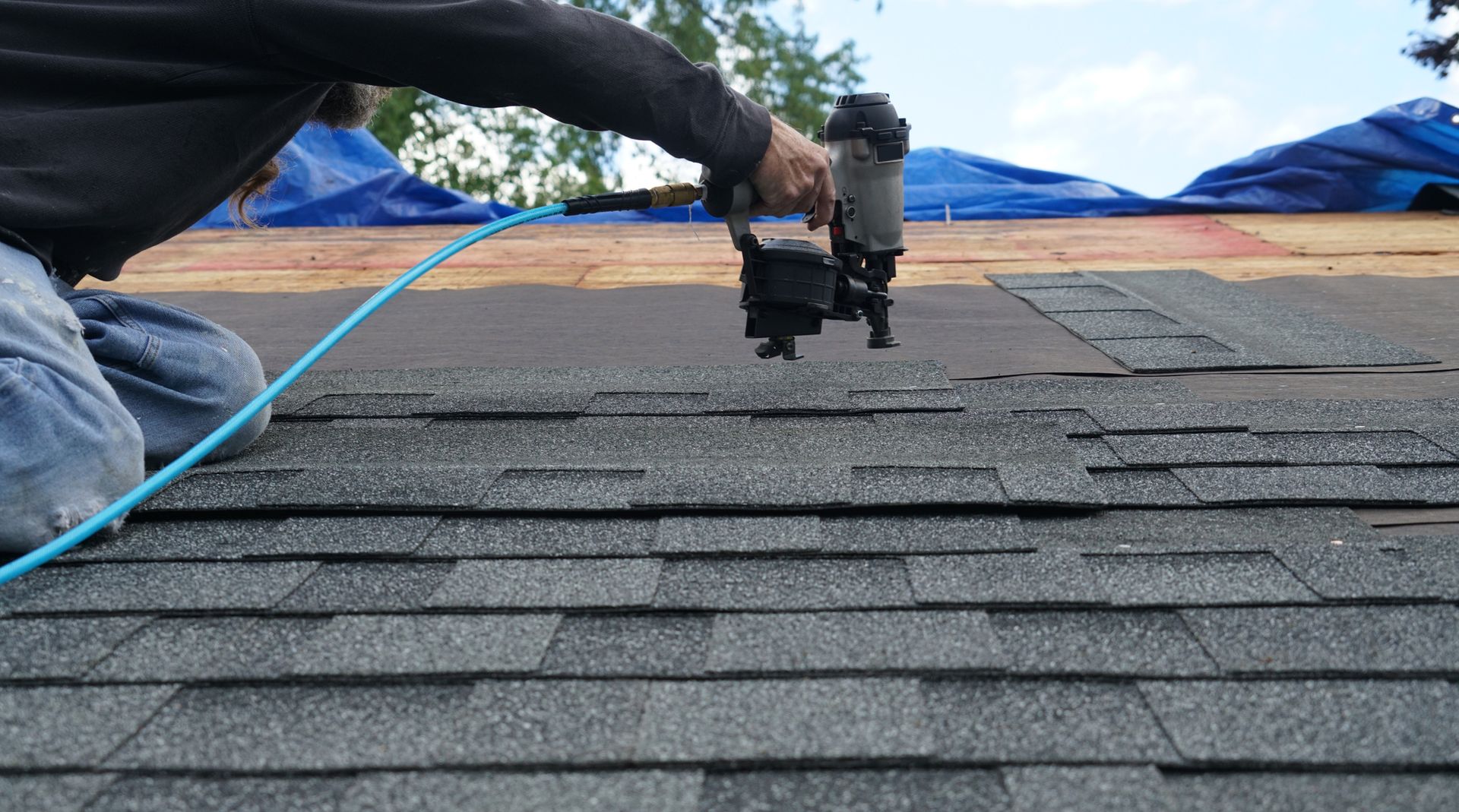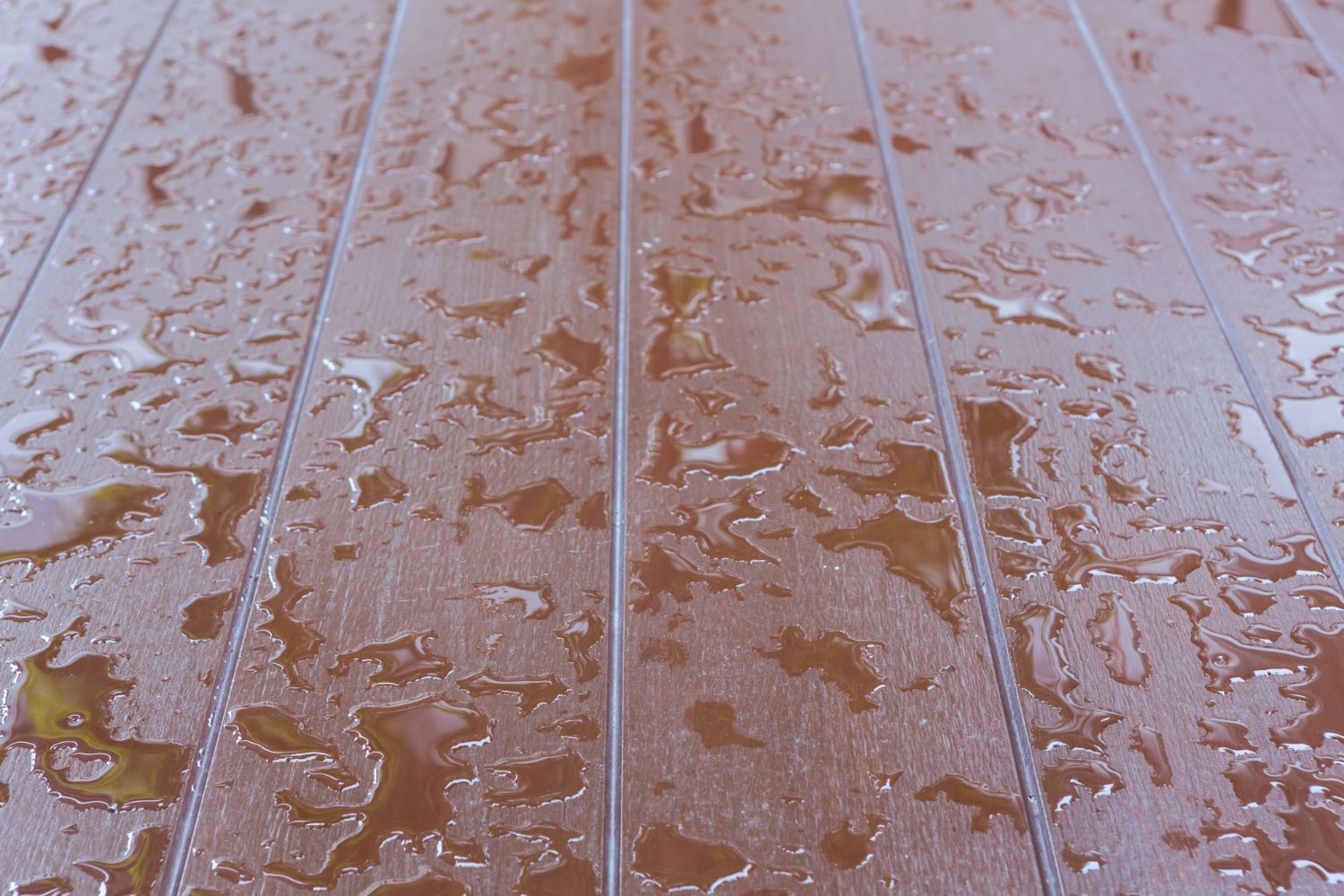Tips for Maintaining Your Water Softener
Tips for Maintaining Your Water Softener -Naples, FL

It is harmful to skin and hair if hard water is used over an extended period of time. It takes long and doesn't work well to soften water using traditional methods. Installing a water softener at home is the only way to get an effective solution. A whole-house water softener and a point-of-use water softener are both available. Sodium ions are exchanged with magnesium ions and calcium ions to soften water. Water that is soft will benefit your hair, skin, and even your plumbing.
These tips will help you maintain your water softener in your home.
Check Salt Level
Regularly checking your salt level is part of maintaining your water softening system. As salt levels decline, water becomes harder. You should check your salt every four to six weeks if you want to avoid common hard water issues. The optimal frequency of checks can, however, be affected by factors such as equipment type and hardness level.
Check for Salt Bridges
As a result of regular use of the appliance, the brine tank may develop a hardened salt bridge layer. High temperatures, humidity, and poor-quality salt are the most common causes of salt bridges in brine tanks. When salt bridges form, resin beads in water softeners cannot regenerate. Routine inspections and cleaning of the brine tank are key to preventing salt bridges. If improper cleaning techniques are used, the softener's walls can be damaged, resulting in a leak.
Clean the Brine Tank
It is rare for the brine tanks of water softening appliances to need to be cleaned today. Nevertheless, it is important to keep it clean occasionally to avoid problems. To ensure you do the job correctly, you should read the manual before you begin cleaning. Every six to twelve months, it is recommended that the brine tank of the water softener be checked to see if cleaning is necessary.
Flush Resin Beds
Regular salt replenishment is required for your water softener's resin bed. Heavy metals, iron, and organic compounds, however, can cause the appliance to lose efficiency. Ensure your water softener works properly by flushing the resin bed regularly and cleaning it thoroughly.
Use the Right Salt
It is common for people to use old salts in their water softeners at home. To get the best results, you need to use the right type of salt. Both salt crystals and salt cubes can be used as softeners. In most cases, it is recommended that you use cube salts with water softening systems, but check your appliance's manual to know which salt type you need.
Avoid Water Damage from Water Softener Leaks
Maintaining your water softener regularly will keep it running smoothly without issues, preventing leaks and other damage to your home.
Maintaining your water softener in your home will be easy if you follow these tips. If you want the best results, follow the manufacturer's instructions carefully or hire a professional to verify that the job is done properly and legally. You should perform research before hiring a professional in order to ensure they are qualified to handle your needs.
If your water softener or other plumbing in your home leaks, do not hesitate to contact Restoration 1 of Southwest Florida.
Contact Us
